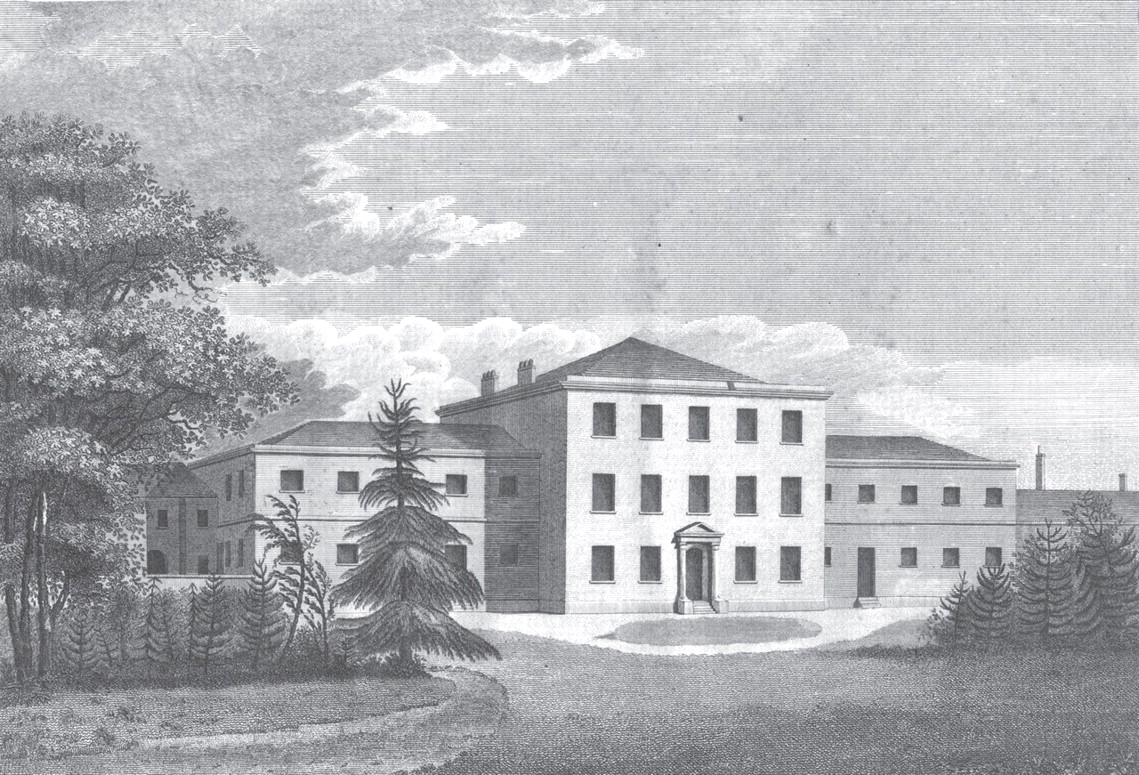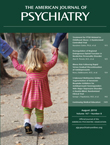When Samuel Tuke's
Description of the Retreat: An Institution Near York for Insane Persons of the Society of Friends was published in England in 1813, it was the first full-length account of a psychiatric asylum (
1). Its publication came at a time of growing interest in building new asylums and reforming existing ones. The author, the grandson of the York Retreat's founder, William Tuke, went on to become an influential member of the 19th century's asylum reform movement, but even from a young age he had demonstrated a commitment to working with the insane. He left school at age 13 to work as a tea merchant (the family business) while studying the Quaker religion, and during his teenage years he began visiting the
York Retreat with his father. In 1811, at the age of 27, he began reading widely on the proper methods of treating the insane, with an eye toward writing a description of his family's institution (
2).
The Description held to a secular view of insanity. Tuke was open to insanity originating in either the mind or the body, but he was unequivocal in calling it a disease, which was outside the control of the patient. Further, Tuke believed that insanity consisted of only a partial "loss of reason"; thus, he said that the insane person's "intellectual, active, and moral powers are usually rather perverted than obliterated." This allowed for a balance between exonerating the insane of full responsibility for their behaviors and thoughts, on the one hand, and retaining some room for freedom of choice and moral autonomy, on the other.
With regard to treatment, the Description focused on "moral"—i.e., psychological—methods, which consisted primarily of three principles. The first was aiding the insane in developing "self-restraint." Developing this capacity involved the use of rewards and punishments, with a strong emphasis on the former. Treatment was individually tailored; patients who behaved well were placed in more comfortable quarters. However, the more effective means was considered the use of the patients' moral agency and self worth: "the desire of esteem ... is found to have great influence, even over the conduct of the insane ... it leads many to struggle to conceal and overcome their morbid propensities."
The focus on rewards led to the second principle—the minimization of exciting the fear of patients and, particularly, the use of force. The
Description advertised that "neither chains nor corporal punishments are tolerated, on any pretext, in this establishment." The use of fear and coercion was common in many of the other institutions at the time, as can be seen by the example of George III, who was starved, beaten, and intimidated during his bouts of "mania" (
3). The third principle regarded preserving the comfort of the patients. The view that the insane retained their essential humanity meant that they were as sensitive to their environment as were the sane.
The early 19th century was a period of major asylum reform in England, and many historians have ascribed to the York Retreat, and particularly the
Description, a crucial role in these reforms (
4). Within 2 years after its publication, the nearby York Asylum had been made over in the Retreat's image. Samuel Tuke consulted on the design of asylums in England and in America, where Quakers were prominent in the foundation of about half of the asylums created before 1824. Many of the psychiatric practices we take for granted today, including the minimal use of coercion, we owe to the influence of this proselytizing book.


